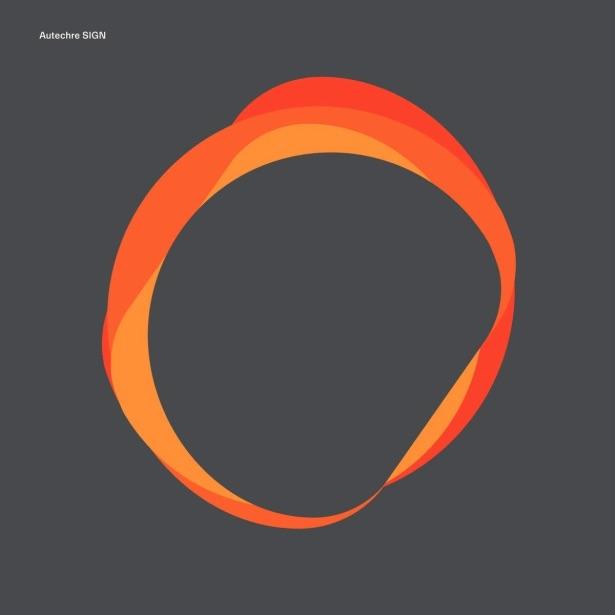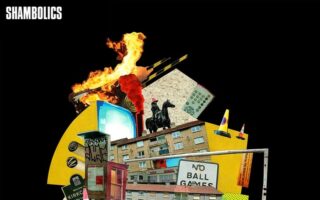
Sean Booth and Rob Brown make their highly codified music as Autechre inside a virtual Frankenstein’s monster of software tools they call ‘the system’.
Now almost a decade old, it was originally designed out of necessity due to them no longer both living in the north west of England – as of 2020 though it’s the sort of virtual facility you imagine many would consider to be the ultimate production bunker.
In their rare interviews, Booth and Brown talk more like software engineers, a cap which seems most fitting because ever since they emerged in the early 90s as part of the post-club electronica boom, their works have iteratively become less melodic and more an exercise for the purist. That is, until now.
SIGN is not a complete return to their early dream-laden techno output for Warp – the label who then creatively fuelled the IDM argot – but more a series of exercises in which the oblique patches fans have become accustomed to seem to be temporarily deactivated. Opener ‘M4 Lema’ (track titles are taken directly from the duo’s catalogue references) sets this vector, stuttering into life at first as if being reanimated, but then parsing itself into glassy, ambient washes and what sometimes resembles an ethereal voice.
This has, for decades, been an environment which has always had a degree of paranoia and displacement, these motifs duelling on ‘si00’, a knuckle ball of featherweight, off kilter sound waves and skittering beats. On ‘gr4’ instead the pair again straddle the juxtaposition between the avant-garde and human listenability, a feat once regularly mastered on heyday releases such as Amber and Tri-Repetae.
Inevitably on time’s loop back (Autechre have inspired thousands of artists, not least of which Thom Yorke, who used their construct as a partial template for their rock-abandoning classic Kid A), there are lines to be drawn to both their contemporaries and the host of laptronica mavens who’ve followed in their wake. This cryo-rebound means that it’s impossible not to hear ‘esc desc’ and to not think at least obliquely of William Basinski, while ‘au14’ leans hard on the bleepy lurches of Richard D. James and ‘psin AM’ cracks a passing resemblance to the similarly reclusive Boards Of Canada.
Since Booth and Brown came together what was then the myth of composers as AI has become reality. SIGN occupies a liminal point, something more closely related to the normal world from which the pair have built a highly effective firewall. The reasons for this retrenchment aren’t clear and, if light pours through any of these gaps, the likelihood is that they’ll shortly be closed again.
As it goes dark once more, the lights of the system will keep blinking, ready for any kind of future in a place you can’t find on any map.



